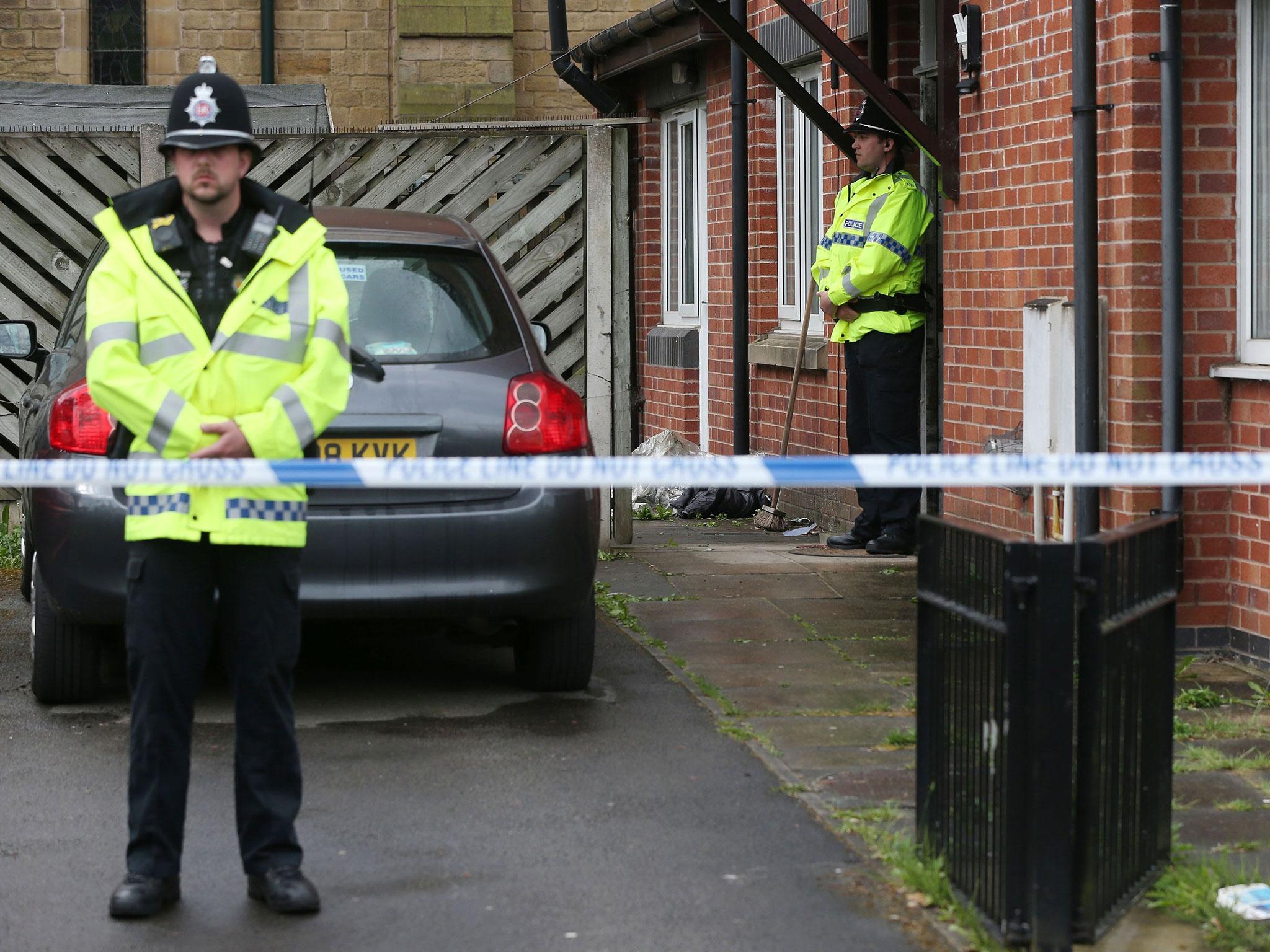Policing in 'intensive care' as one in 20 emergency service workers attempt suicide
Mind, a mental health charity, conducted a poll of more than 1,600 staff members and volunteers

Your support helps us to tell the story
From reproductive rights to climate change to Big Tech, The Independent is on the ground when the story is developing. Whether it's investigating the financials of Elon Musk's pro-Trump PAC or producing our latest documentary, 'The A Word', which shines a light on the American women fighting for reproductive rights, we know how important it is to parse out the facts from the messaging.
At such a critical moment in US history, we need reporters on the ground. Your donation allows us to keep sending journalists to speak to both sides of the story.
The Independent is trusted by Americans across the entire political spectrum. And unlike many other quality news outlets, we choose not to lock Americans out of our reporting and analysis with paywalls. We believe quality journalism should be available to everyone, paid for by those who can afford it.
Your support makes all the difference.Policing is England and Wales is in “intensive care” and there should no longer be any debate about protecting its funding, the chair of the Police Federation has warned the future government.
It comes amid concerns that cuts to the service are stretching officers to breaking point and negatively impacting their mental health. Figures from the charity Mind suggest one in 20 emergency service workers have made an attempt to take their own life due to stress and other factors.
The Police Federation has outlined wide-ranging protection and support issues that officers currently face as it explores the need to change its approach and funding to protect its staff.
“If change isn’t imminent, the public can expect both a less experienced workforce, as officers reach the end of their tether and choose to leave, and one that can no longer do all that is asked of it," Steve White, the chair of the federation, said.
Mr White also stressed the need for the police to be well-resourced in the light of an increased terror threat.
“It used to be ‘not if, but when’, and now we are going to have to say ‘not when, but where next?’ The Westminster attack really brought it home [to politicians], it was up close and personal.
“Now Manchester. Is the next one going to be Birmingham or Leeds? If people witnessed what we do I don't think we would be having debates around resources for the police service,” he told the Times.
Increased stress levels may be impacting the health of workers. Mind, a mental health charity, conducted a poll in 2016 which found that one in four emergency service workers had considered ending their lives and 41 per cent had been prescribed medication to deal with work-related issues.
More than 1,600 staff and volunteers from police, fire, ambulance and search and rescue services participated in the online survey, which also showed that 92 per cent of respondents experienced stress, low mood and poor mental health.
Despite the problems, less than half of respondents in Mind’s poll had taken time off work due to stress or mental health issues.
Faye McGuinness, manager of the Blue Light Programme, which provides support for emergency services staff and volunteers, said it was important to continue to make strides in tackling stigma.
“The challenging nature of the job – with its unique pressures – can put staff and volunteers at greater risk of developing a mental health problem,” Ms McGuinness said.
“That’s why it’s so important support is made available – to ensure dedicated workers are at their best and ready to carry out these incredibly difficult and life-saving roles we often take for granted.”
Anyone who feels they make be at risk of suicide can contact The Samaritans for free on 116 123 or at samaritans.org
Join our commenting forum
Join thought-provoking conversations, follow other Independent readers and see their replies
Comments